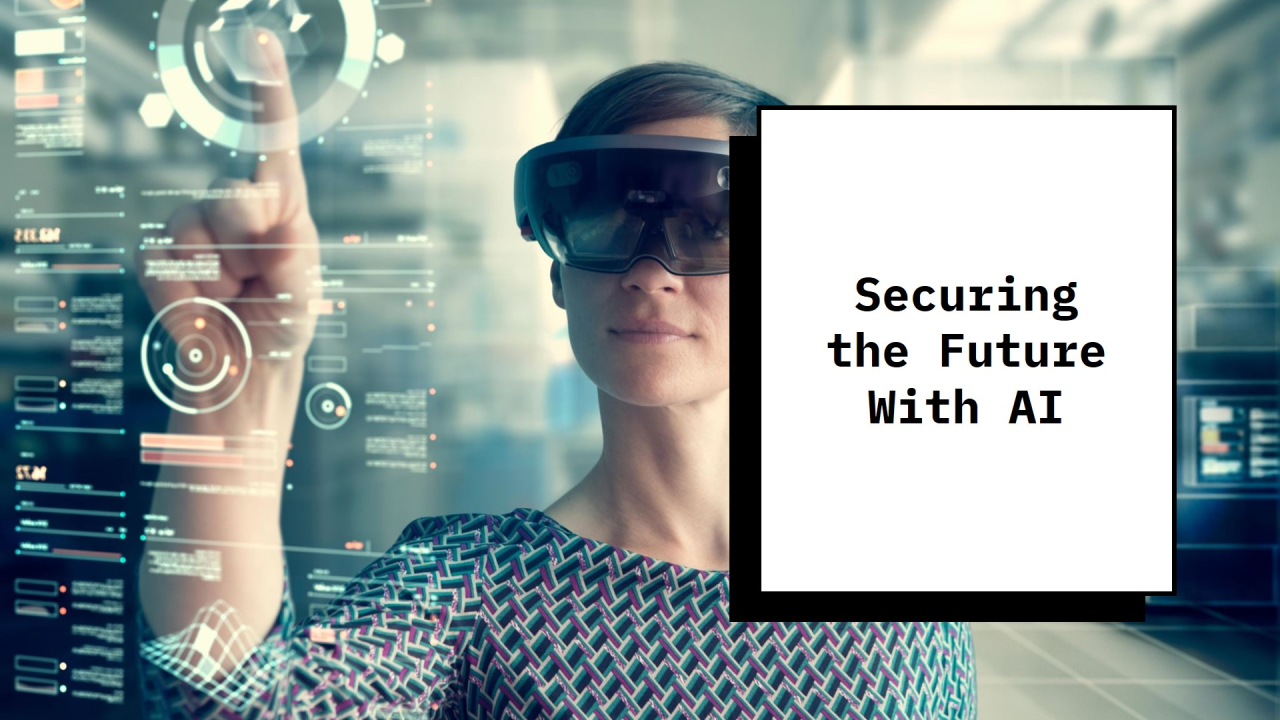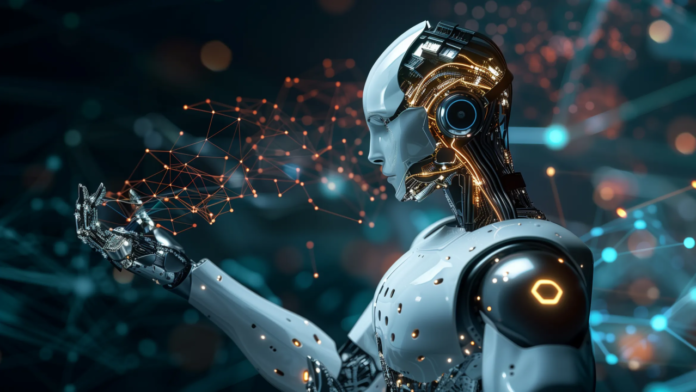When we look forward to the year 2025, AI remains a key factor that is revolutionalising the cybersecurity space. Industry professionals believe that AI integrated security solutions are going to be essential to mitigate new forms of cyber threats; however, at the same time, the adversaries will employ AI to launch more complex cyber attacks. The cat and mouse game between artificial intelligence in defense and artificial intelligence in attacks will be the main focus of cybersecurity in the future year.
AI Cybersecurity Predictions 2025: The Emergence of Artificial Intelligence in Cyber Attacks
The first of the AI Cybersecurity Predictions 2025 is the fact that AI will be used more actively by cybercriminals. Cyber criminals are already predicted to leverage AI to execute highly targeted phishing, conduct reconnaissance and find system vulnerabilities that have never been seen before. A new wave of cyber threats will appear as AI-powered bots will allow even low-skilled hackers to perform complex attacks with high efficiency, which conventional security tools are unlikely to resist.
Furthermore, it can be stated that cyber adversaries are most likely to attack AI models by manipulating them. Adversarial data poisoning will emerge as attackers try to introduce wrong information into the learning process to influence decision-making systems. AI created malware and self-automated hacking tools will only make the work of defending organizations more difficult and challenging, and will necessitate a redesign of strategies on the part of security personnel.
AI as a Defensive Tool
However, it is also expected that AI will become an essential part of the defense of cyber threats. Artificial intelligence will aid in threat intelligence to help security teams to detect threats and possibly, forecast them. Security monitoring will be automated and will allow for detection and response in real-time, thereby shrinking the response time to possible breaches. More businesses are likely to incorporate AI solutions to provide security to data by preventing PII and other valuable data from being breached.
Security teams will also look to secure AI systems for themselves as well. As AI increases the exposure of organizations, organizations will need to have a proper security structure that will cover AI models, datasets, and operations. These developments suggest that constant supervisory checks and verifications of AI-generated security systems will be critical to keeping the systems free from adversarial tampering.
This paper aims to identify the challenges that organizations face when implementing AI cybersecurity.
Nevertheless, there are some issues that cybersecurity might face when using AI. Another of the key AI Cybersecurity Predictions 2025 is that organizations will fail to properly implement AI because of ethical issues, legal restrictions and financial constraints. This is because most security teams will likely ignore generative AI applications because they do not offer clear measures of value. As the hype for AI security operations continues to build, organizations are going to experience some disillusionment as they find out that AI cannot address all the cybersecurity issues that are out there.
Also, the cybersecurity industry will have to face some transparency problems concerning AI-powered security products. The article revealed that companies relying on pre-trained AI models have to make sure that these models do not have latent flaws. Cyber security companies, AI developers, and regulatory agencies are likely to enhance the development of standard security procedures for use in artificial intelligence.
In this article, the future of artificial intelligence in cybersecurity will be discussed.
In the future thus, there will be increased advances in the use of artificial intelligence in cybersecurity. Businesses will continue to fund AI-based threat intelligence, self-executing incident handling, and predictive. With continued advancement in the use of AI by attackers, security professionals must develop strategies of defense. The current AI arms race will decide how companies, governments, and people secure their assets in the digital world in 2025 and beyond.

AI Cybersecurity Predictions 2025 also depict both the positives and negatives of AI in cybersecurity. On the one hand, AI provides effective defense functions; on the other, it creates new threats that need constant responses. Companies that have adopted AI into their security planning while at the same time considering the ethical and security issues in AI will be well placed to deal with the ever changing cybersecurity environment.
SOURCE :: tech news world



